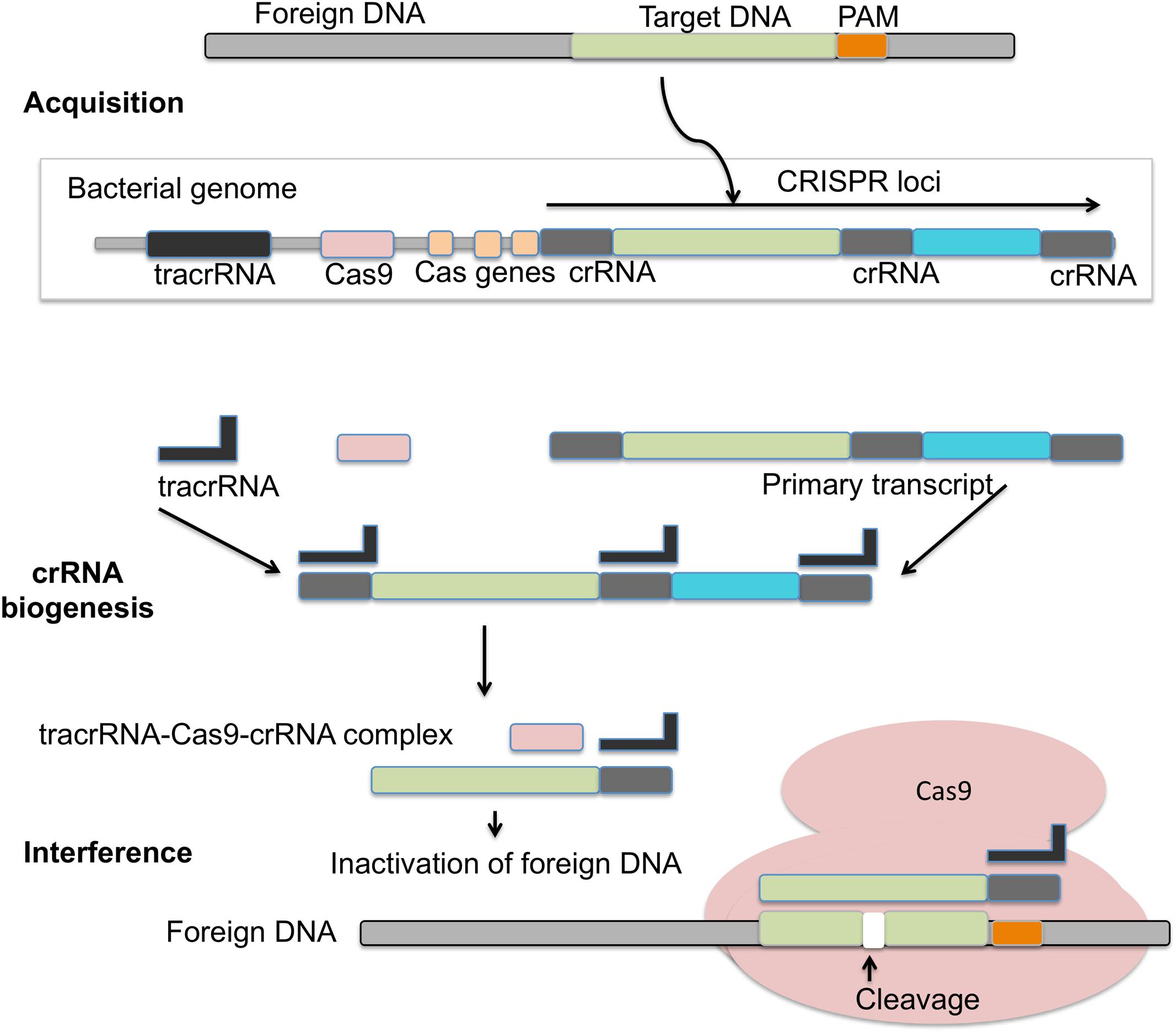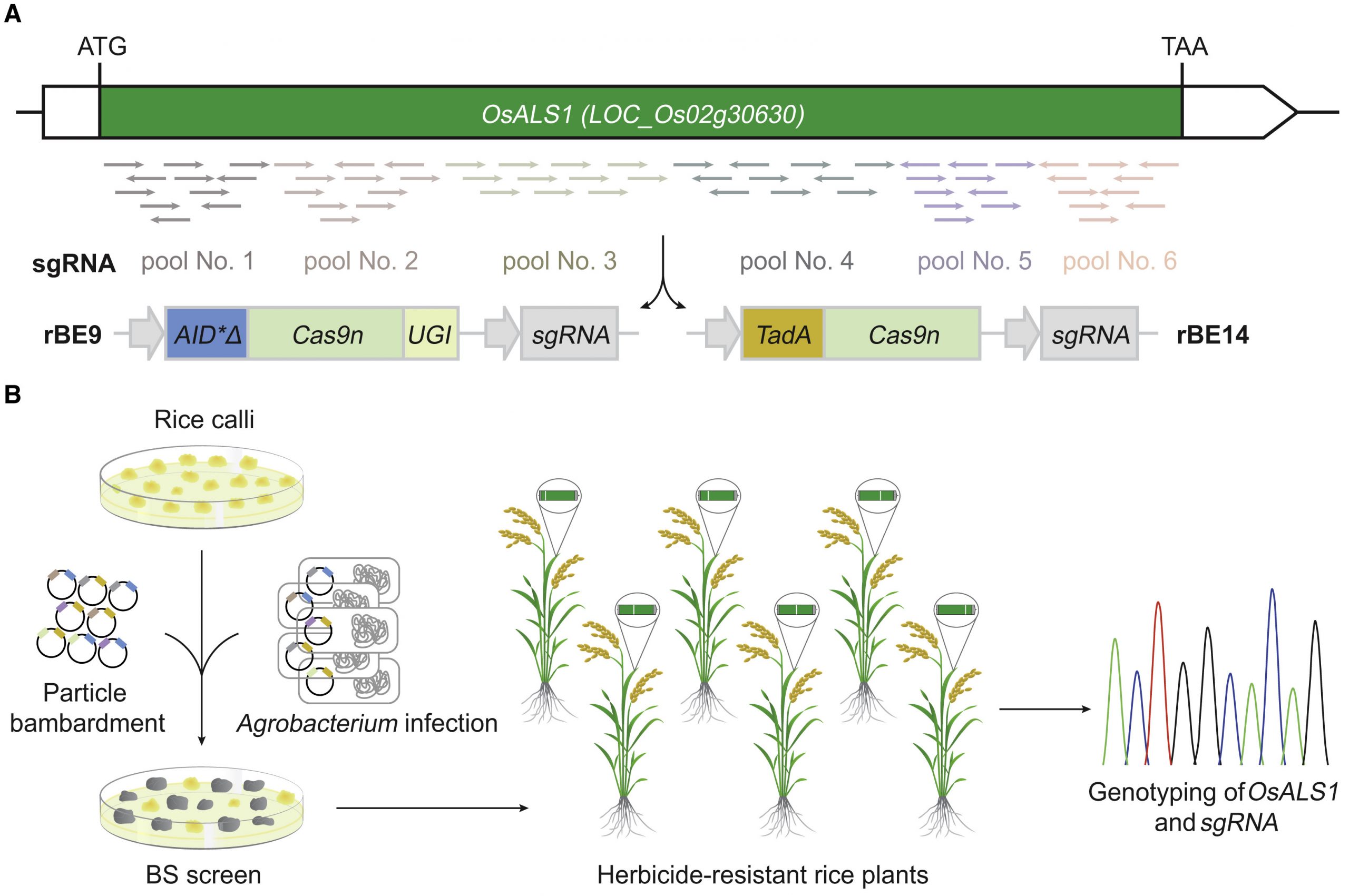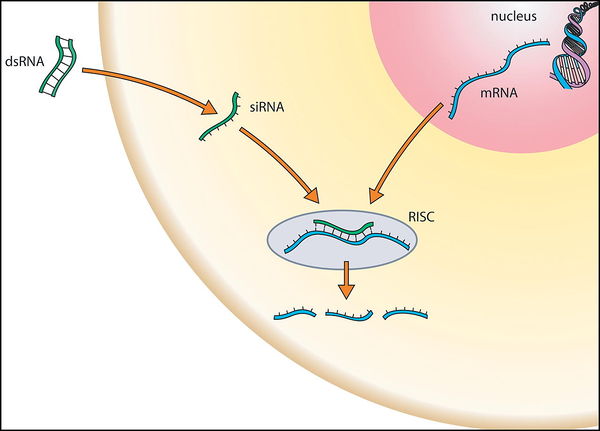



Discover the Secret Genetic World of Flowers: Uncovering the Extraordinary Potential of Genes
Embark on a captivating journey into the fascinating realm of flower genetics as we delve into the astonishing discoveries surrounding the genes of the beautiful yet unassuming flowers.
Beyond their vibrant petals and delicate fragrances, flowers possess a hidden treasure—their genes. These intricate genetic codes hold the key to unlocking a world of possibilities, promising advancements in horticulture, medicine, and beyond.
Join us as we explore the genetic marvels of flowers, uncovering their extraordinary potential and the profound implications they hold for our understanding of the natural world.
The Significance of Flower Genetics
Flower genetics play a pivotal role in shaping the diverse characteristics that define each flower species, from their size and shape to their color and fragrance.
By understanding the genetic makeup of flowers, scientists can gain insights into their evolutionary history, their relationships with other plant species, and their adaptation to varying environmental conditions.
Moreover, flower genetics holds immense promise for improving agricultural practices and developing new varieties with enhanced traits, such as resistance to pests and diseases or increased productivity.
Unveiling the Genetic Treasure Trove
Flowers harbor a wealth of genetic information that can be harnessed for scientific advancements.
Through advanced genetic sequencing techniques, researchers have identified thousands of genes within flower species, each playing a specific role in controlling various aspects of the plant's development and function.
This vast genetic database serves as a valuable resource for researchers seeking to understand the intricate mechanisms that govern flower biology and to develop innovative applications in various fields.
Unlocking Horticultural Wonders
The knowledge of flower genetics empowers horticulturists to create new and improved varieties of flowers that meet specific aesthetic and functional criteria.
By carefully selecting and cross-breeding plants with desirable traits, breeders can develop flowers with larger blooms, more vibrant colors, or extended blooming periods.
Additionally, genetic engineering techniques allow scientists to introduce specific genes into flower genomes, enabling the creation of flowers with novel characteristics, such as altered fragrances or enhanced resistance to environmental stresses.
Medical Marvels from Flower Genes
Flowers are not just aesthetically pleasing; they also possess medicinal properties that have been recognized for centuries.
By studying the genes responsible for producing these beneficial compounds, scientists can develop more effective and targeted therapies for a wide range of ailments.
For instance, research on the genes involved in producing the active ingredients in lavender has led to the development of new treatments for anxiety and insomnia.
Harnessing Genetic Knowledge for Environmental Sustainability
Flower genetics holds the key to unlocking sustainable solutions for environmental challenges.
By understanding the genetic basis of flower adaptation to environmental stresses, such as drought or pollution, scientists can develop new varieties that are more resilient to changing conditions.
Moreover, genetic engineering techniques can be employed to create flowers that actively contribute to environmental remediation, such as by absorbing pollutants or producing biofuels.
Empowering Conservation Efforts
Flower genetics play a crucial role in conservation efforts, enabling scientists to identify and protect endangered species.
By studying the genetic diversity of flower populations, researchers can determine which species are most vulnerable to habitat loss or climate change.
Additionally, genetic information can guide captive breeding programs, ensuring the preservation of genetic diversity and the long-term survival of endangered flower species.
A Glimpse into the Future of Flower Genetics
The field of flower genetics is rapidly evolving, with new discoveries and applications emerging at a remarkable pace.
As technology continues to advance, scientists will gain even deeper insights into the genetic mechanisms that govern flower biology, opening up endless possibilities for innovation in horticulture, medicine, and environmental conservation.
The future holds untold promises for the genetic exploration of flowers, and we can eagerly anticipate the transformative discoveries that lie ahead.
| Keyword | Definition |
|---|---|
| 花中基因猎奇之旅 | A journey to explore the fascinating world of flower genetics. |
| 小花花基因优良的惊奇发现 | The extraordinary potential of flower genes and their implications for science and society. |
| Flower genetics | The study of the genes that control the development and function of flowers. |
| Genetic sequencing | A technique used to determine the order of nucleotides in a DNA molecule. |
| Horticulture | The art and science of cultivating plants for food, decoration, or other purposes. |
| Genetic engineering | A technology used to alter the genetic makeup of an organism. |
| Environmental sustainability | The ability to meet current needs without compromising the ability of future generations to meet their own needs. |
| Conservation | The protection and preservation of natural resources and ecosystems. |
| Endangered species | A species that is at risk of extinction. |
| Captive breeding | The breeding of animals in captivity, often for conservation purposes. |
| Genetic diversity | The variety of genes and alleles in a population. |
FAQs about the 花中基因猎奇之旅:小花花基因优良的惊奇发现
1. What are the benefits of studying flower genetics?
Studying flower genetics provides insights into evolutionary history, relationships with other species, and adaptation to environmental conditions. It also enables the development of new and improved flower varieties and the discovery of medicinal properties.
2. How can flower genetics improve agricultural practices?
Flower genetics can be used to develop new varieties with enhanced traits, such as resistance to pests and diseases, increased productivity, or improved nutritional value.
3. What role does flower genetics play in medicine?
Flower genetics can identify genes responsible for producing beneficial compounds used in treating ailments such as anxiety, insomnia, and pain.
4. How can flower genetics contribute to environmental sustainability?
Flower genetics can help develop flowers that are more resilient to environmental stresses and contribute to environmental remediation.
5. How does flower genetics support conservation efforts?
Flower genetics helps identify endangered species, guides captive breeding programs, and ensures the preservation of genetic diversity.
6. What are the ethical considerations in flower genetic engineering?
Ethical considerations include ensuring the safe and responsible use of genetic engineering techniques, avoiding unintended consequences, and respecting the natural integrity of flower species.
7. How can I learn more about flower genetics?
You can learn more about flower genetics through online resources, scientific journals, or by taking courses at universities or botanical gardens.
8. What are the latest advancements in flower genetics?
Recent advancements include the development of gene editing technologies, the discovery of new genes involved in flower development, and the creation of artificial flowers with synthetic DNA.
9. How can I contribute to flower genetic research?
You can contribute by supporting research institutions, participating in citizen science projects, or advocating for policies that promote flower genetic research.
10. What are the potential risks of manipulating flower genes?
Potential risks include unintended consequences on ecosystem interactions, loss of genetic diversity, or the creation of invasive species.
11. How can we ensure the responsible use of flower genetic engineering?
Responsible use includes thorough risk assessments, public engagement, and international collaboration to set ethical guidelines.
12. What are the future prospects for flower genetic research?
Future prospects include further advancements in gene editing, the development of artificial flowers with novel functionalities, and the integration of flower genetics with other fields such as robotics and synthetic biology.
13. How can I stay informed about the latest developments in flower genetics?
You can stay informed by following scientific journals, attending conferences, or subscribing to newsletters from research institutions.
Embracing the Genetic Wonders of Flowers
The journey into the realm of flower genetics has revealed its boundless potential for scientific discoveries, technological advancements, and societal benefits.
As we continue to unravel the genetic secrets of these captivating organisms, we stand on the cusp of unprecedented opportunities to harness their power for the betterment of humanity and the planet.
Embracing the genetic wonders of flowers, we embark on a path of innovation, where the beauty of nature meets the transformative power of science.
Let us delve